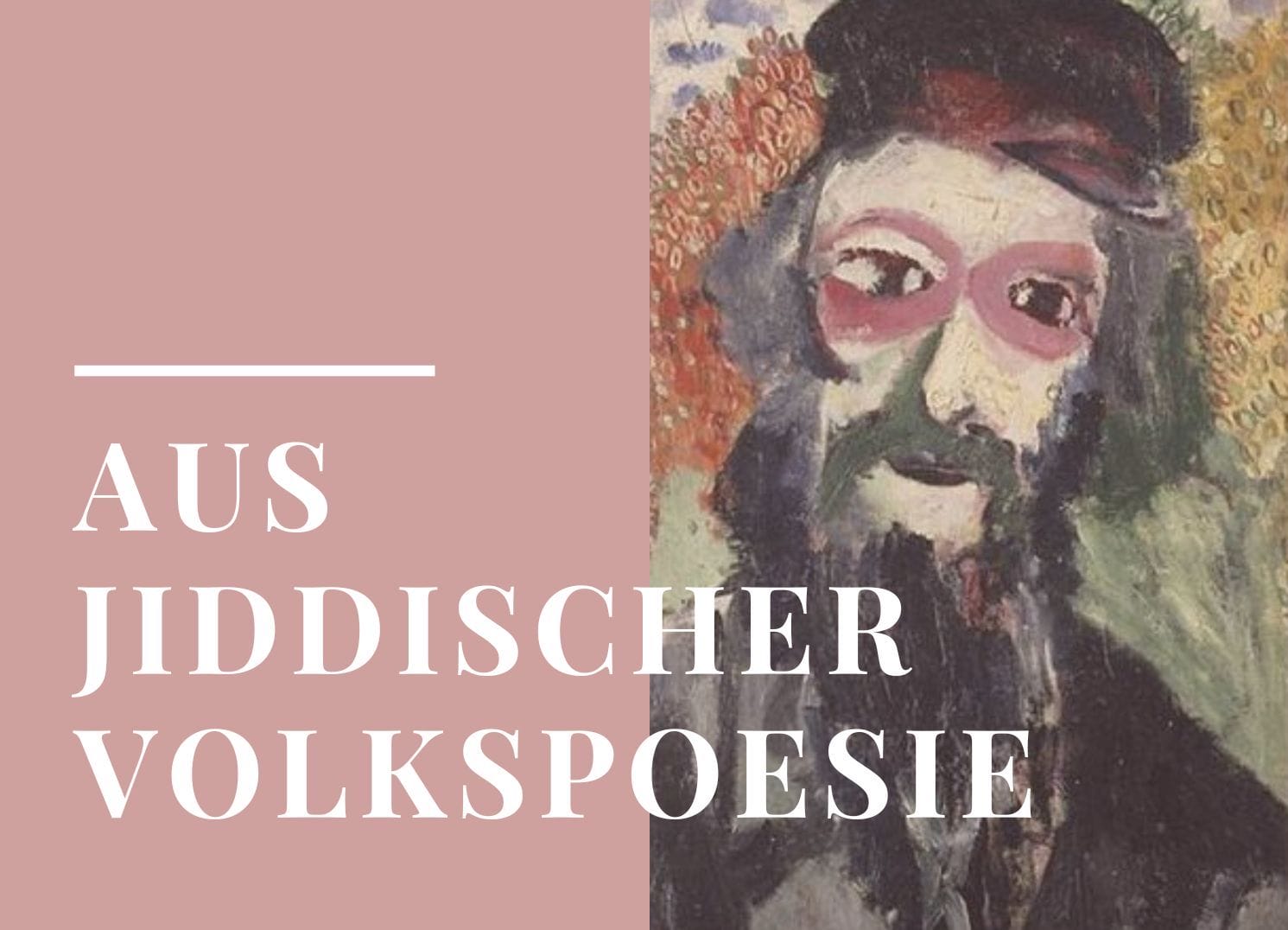Concert and salon talk as part of the exhibition Helping means living at Villa Seligmann
Narine Yeghiyan, Soprano
Natalia Skrycka, alto
Magnus Dietrich, Tenor
Elisaveta Blumina, piano
The program includes the work of the same name by Dmitri Shostakovich op. 79 and the Yiddish children’s songs op. 13 by Mieczysław Weinberg.
Dmitri Shostakovich (1906-1975) is one of the most famous composers of modernism. In the song cycle
From Yiddish Folk Poetry op. 79
(1948), he sets Yiddish songs to music in Russian – and preserves them for eternity in times of growing anti-Semitism in the Soviet Union. The original Yiddish texts deal with love and parting, poverty and hardship, abandonment and death. But happiness and the good life are also sung about.
Shostakovich writes in his memoirs:
“I think when you talk about musical influences, Jewish folk music has made the strongest impression on me. I never tire of being inspired by it. It is so multifaceted. It can appear cheerful and in reality be deeply tragic. It is almost always laughter through tears. This characteristic of Jewish folk music comes very close to my idea of what music should be like.”
In addition to Shostakovich’s main work, the concert will also feature songs in Yiddish by Mieczysław Weinberg (1919-1996), who was a close friend and musical ally of Shostakovich. In musicology, the opinion is widely held that Shostakovich’s deep insight into Jewish or Yiddish music has to do with his closeness to Weinberg.
In the subsequent salon discussion, we will talk to the musicians about the song cycle and find out whether this proximity of sadness and joy, laughter and tears is characteristic of Yiddish folklore – and why Jewish folk music fascinated Dmitri Shostakovich so much, both aesthetically and politically.

